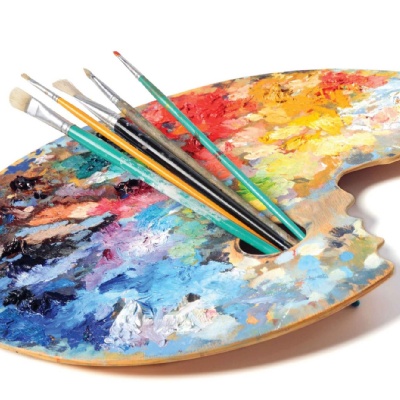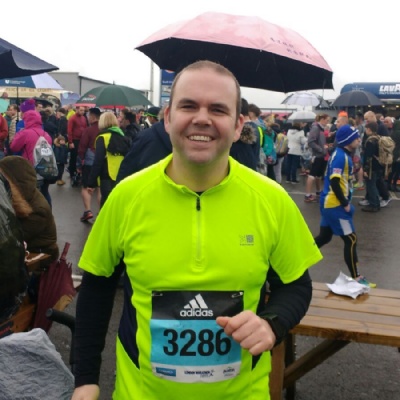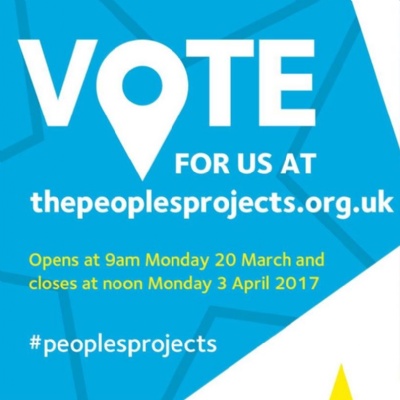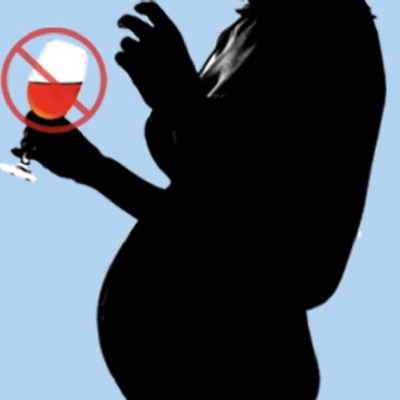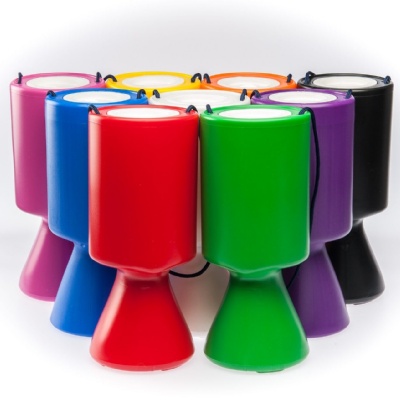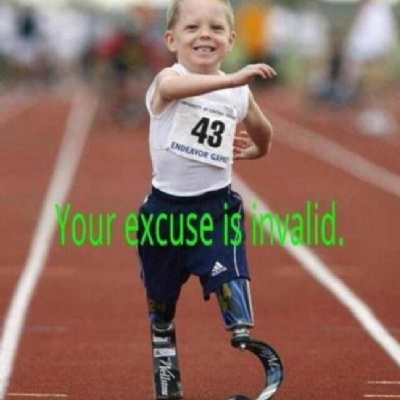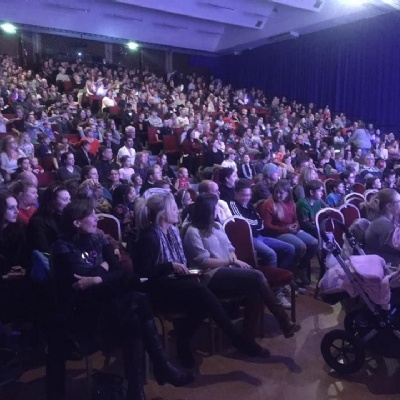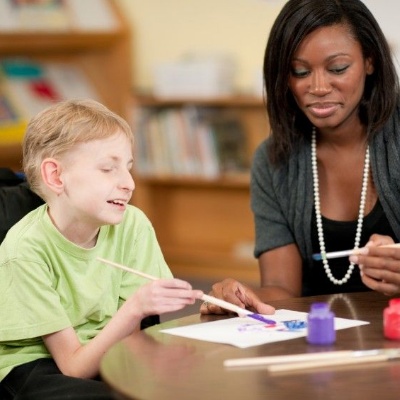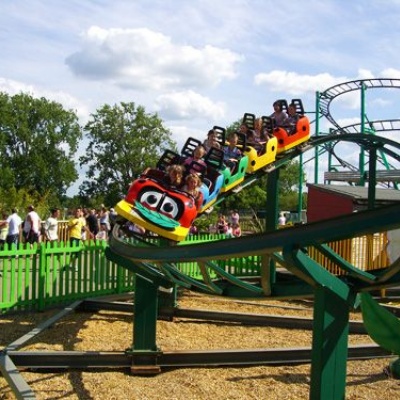So many of us will relate to those difficult mornings, you know the ones with meltdowns, lost shoes and a pack lunch that you buy at the corner shop on route to school but what if there were ways to help?
Now these steps are not magical answers and will not help for all children but have been tried and recommended by other families of children with additional needs and if they can help – well they have to be worth a try so good luck and let us know how you get on.
1) Prepare in advance:
The more that is ready the less you need to prepare in the morning and the less opportunities there are for things to go wrong – so lunches in the fridge, bags packed, outfits/items for clubs found, homework checked and done and outfits ready laid out to wear (ideally in backwards chaining order – please ask if you need details with this.) If you can set out your outfit as well its all precious time saved in the morning. If your feeling particularly organised then can you have breakfast ready to go in containers to save even more time.
If its a new school/ childminder/ club then make sure that the child knows where they are going in advance and ideally has met people and knows what is expected of them to avoid difficulties with not knowing where they are going and anxiety.
Consider whether a social story would help – these are great for explaining any concepts that your child finds difficult and particularly struggles with.
If you are trying to get your child to be more independent then get them helping prepare the night before and in the morning make it into a game or a race so that it is more fun and they are more likely to want to get involved. If you can chunk a job and then a small reward than even better.
2) Sleep:
Getting up on time starts the night before. Below is a table recommending sleep times for different ages this ensures that they get the right amount of sleep for their age but also so they can concentrate better at school. This table is from Wilson Elementary. Children with additional needs often struggle with sleep but it is so important to get right so if it is an area that your little one does struggle with then its important to ask for help in order to get the best start for your little one but also for your sanity – everything is harder if you are tired.
3) Leave yourself spare time:
Realistically if something can go wrong with children it will. If you leave extra time in the schedule for this it will avoid you running late when there’s a meltdown over a lost shoe. If you are ready to go 15 mins before you need to leave the house it will either provide a buffer on those difficult days meaning you are still on time or allow you time to relax with your little one.
In a ideal world consider having a visual time table so your child knows exactly what is coming next and can check things off as you work through the morning routine. These are particularly helpful for helping with getting teeth brushed and anything bathroom related whilst also building independence skills.
4) Find shoes
If your house is anything like mine shoes are the bane of my life! Honestly I swear just putting them next to the front door in a pair saves me at least 15 mins every morning.
5) You time:
I know it sounds unrealistic and your there thinking that its just not possible but even if you can only manage being up 10 mins before the children those 10 minutes can be used to have a cup of tea, relax and mentally set yourself up for the day. The calmer you are the better you are able to provide calm and clear instructions and that will help reduce arguments, lateness and meltdowns.
AND FOR WHEN IT ALL GOES WRONG …. CHEAT!!!
We all have those days and if its my house its most days – so keep a hair brush and bobbles etc in the car so you look more organised and a stash of breakfast bars in the glove box as even if you get the children out on time I bet there’s times the children are fed but you are not.
Sensory toys in the little pouch behind seats to calm them down on route
Pick your battles – is it really the end of the world if you have to take them to school in those pink glittery wellies again or in their pjs?







